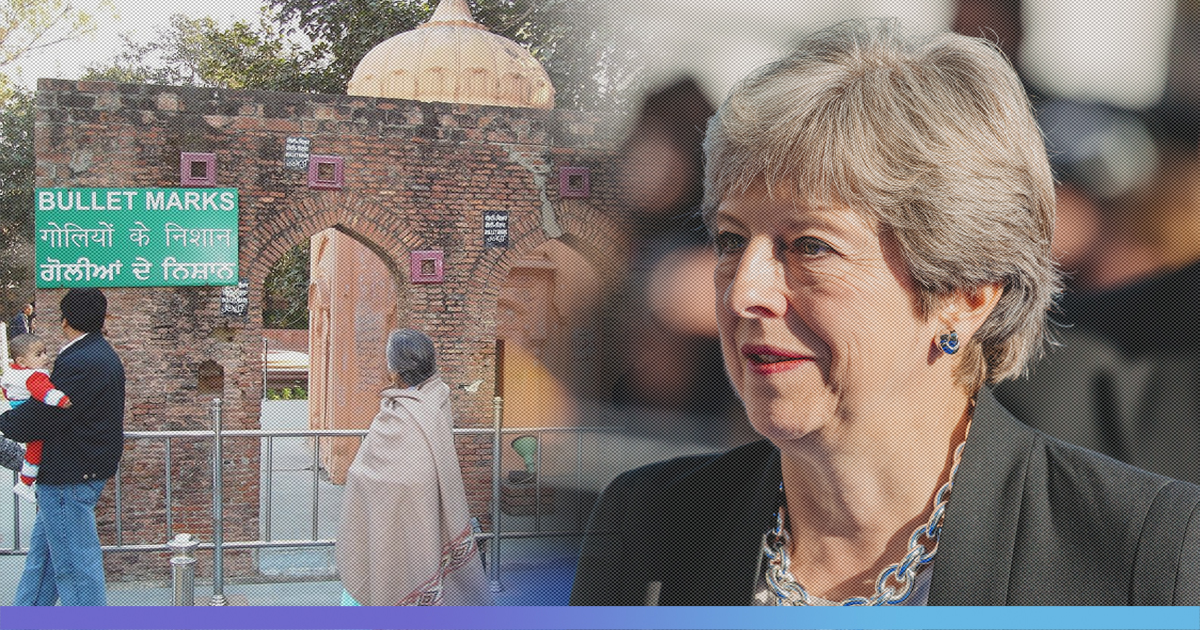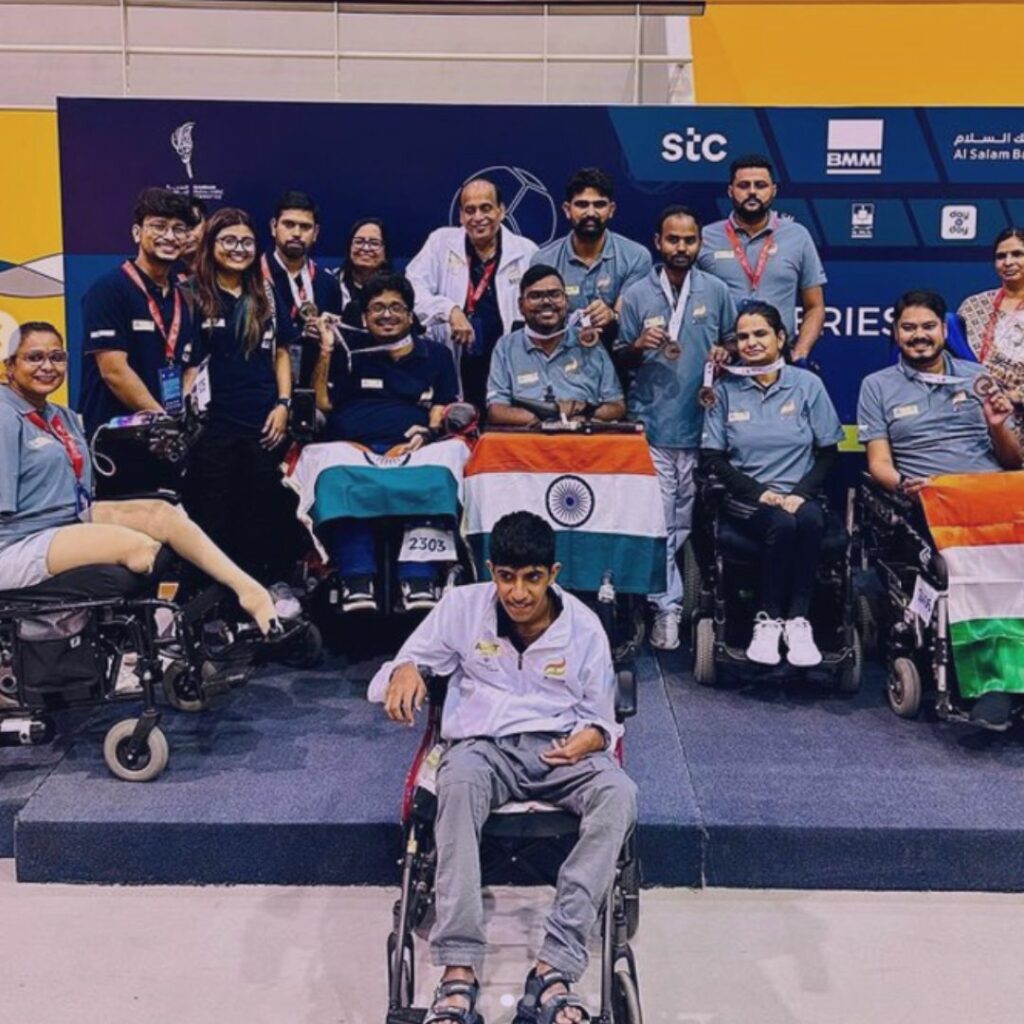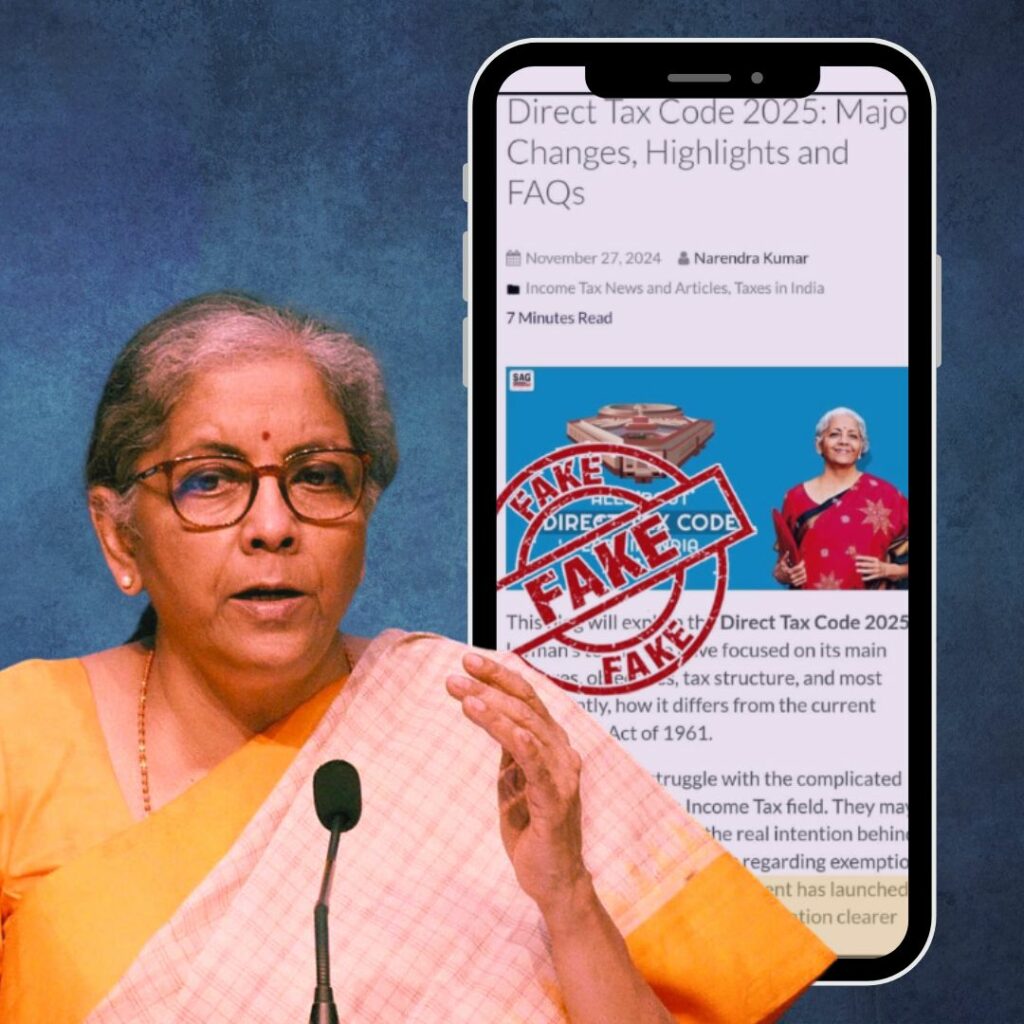Successive Prime Ministers of Britain, including David Cameron and even Winston Churchill had designated the Jallianwala Bagh massacre of 1919 to be horrific and “monstrous”, however, all of them fell just shy of offering an apology to India for the events of April 13, when hundreds were killed and more than 1,200 injured, after British troops led by Colonel Reginald Dyer opened fire on a peaceful gathering.
On April 10, Prime Minister Theresa May expressed “deep regret” for the Jallianwala Bagh massacre but failed to apologise on behalf of the British Government. “We deeply regret what happened and the suffering caused,” May told the British parliament. Jeremy Corbyn, leader of the main opposition Labour Party, however, called for a full and unequivocal apology.
What did the British Govt say?
It seems like even after a 100 years after the incident, India’s dreams of getting an apology from Britan has fallen short as, during a debate in the House of Commons, the British government said that it will not apologise. This comes even after many British MPs called for the apology just days ahead of the centenary of the tragedy.
The debate was reportedly called for by Conservative MP Bob Blackman and it took place in Westminster Hall on April 9. Reportedly, MPs from different political parties not only rallied for the British Prime Minister to apologise to the family of the victims and Sikhs worldwide but also demanded repatriation for the kin and for the topic to be taught in British schools. A cross-party group of the MPs also signed a letter calling for an apology.
According to The Times Of India, UK MP Virendra Sharma said, “The murder at Jallianwala Bagh is almost unknown in the UK outside the Indian, Pakistani and Bangladeshi communities. Yet for millions in Punjab, it is the defining moment of British rule and made people realise that imperial rule was neither enlightened nor benevolent but brutalising dehumanising and murderous.” He added that the event set into force India’s quest for Independence. He also said that to commemorate all the victims, a monument should be erected in London.
Rebuttals in the House of Commons
However, UK foreign office minister Mark Field who was representing the UK government said that he has an orthodox view and that it would not be right for him to provide an apology for an incident of the past. He added, “There are also concerns that any government department has, to make about any apology, given that there may well be financial implications to making an apology.” He added that during the course of the year, Britain will mark the sombre anniversary of the event in the most appropriate way.
Moreover, he said that while the British government will commemorate the event with regret and shame, both the countries are looking forward to strengthening ties between the two countries in the future. Other MPs argued that an apology would mean closure and would enable both the countries to strengthen their bonds.
On the fateful day of April 1919, General Dyer, the Lieutenant-Governor of Punjab, asked the British Army to block the main exit of the park and ordered them to fire immediately. Civilians had gathered to protest against the arrest and deportation of Indian freedom fighters Satya Pal and Saifuddin Kitchlew.
Also Read:Remembering The Freedom Fighter From Meghalaya Who Valiantly Fought Against The Britishers










